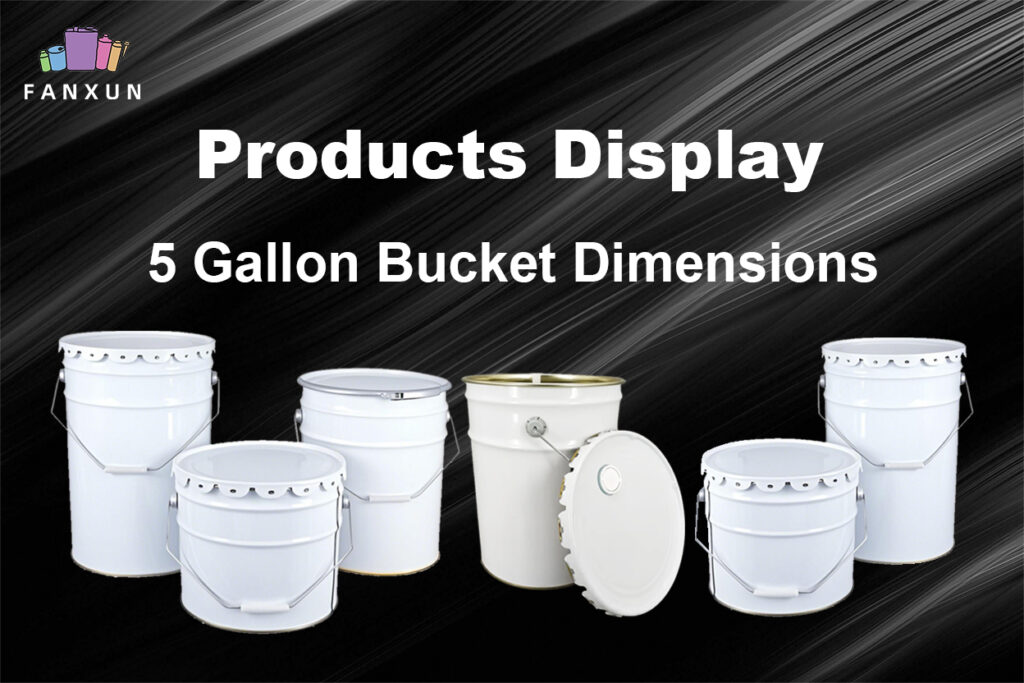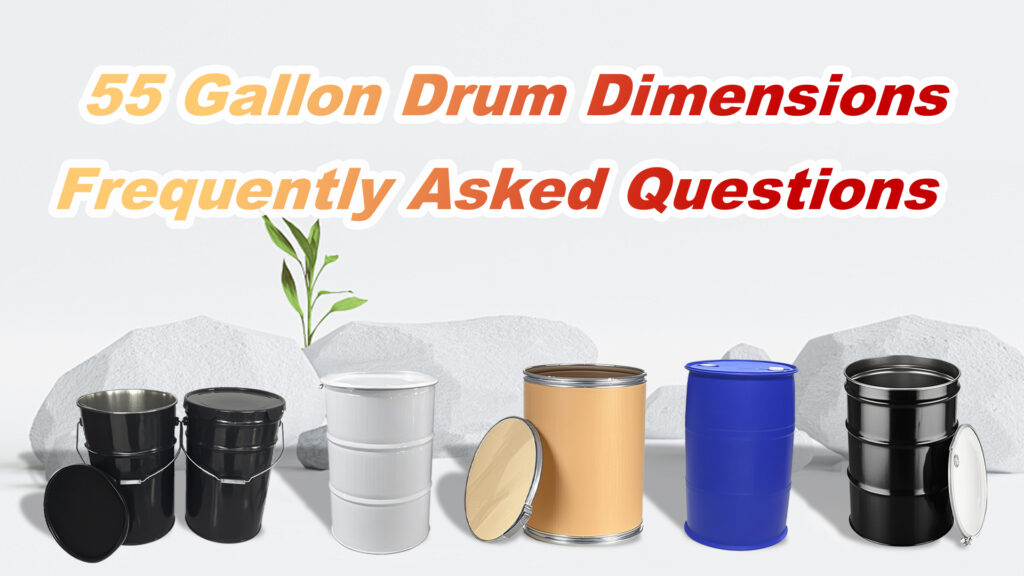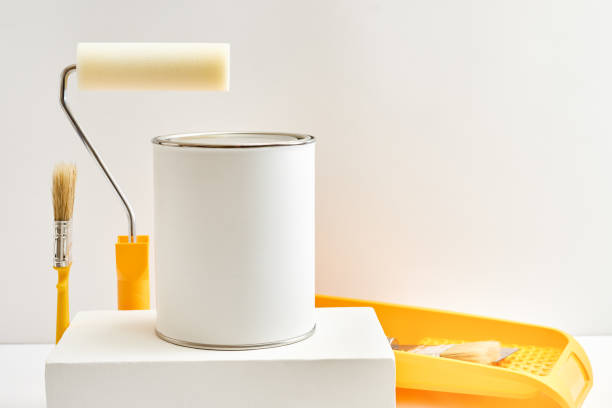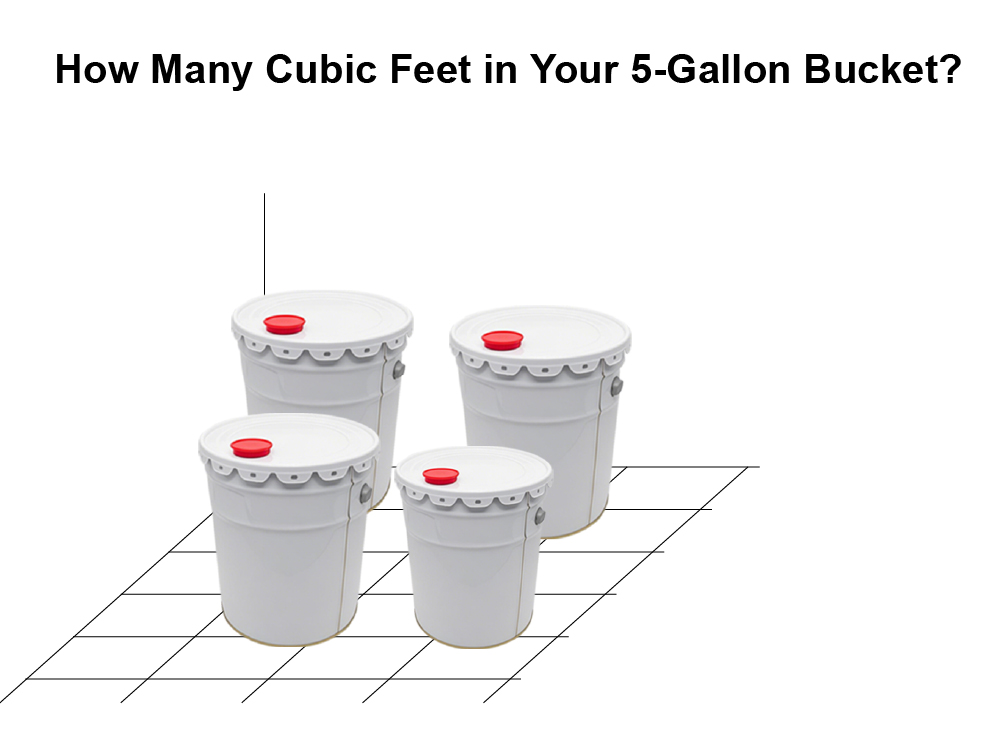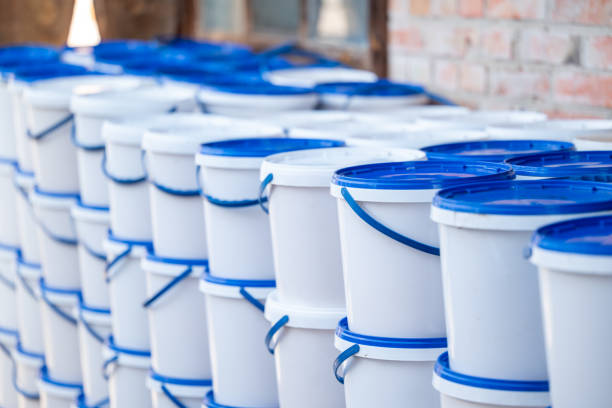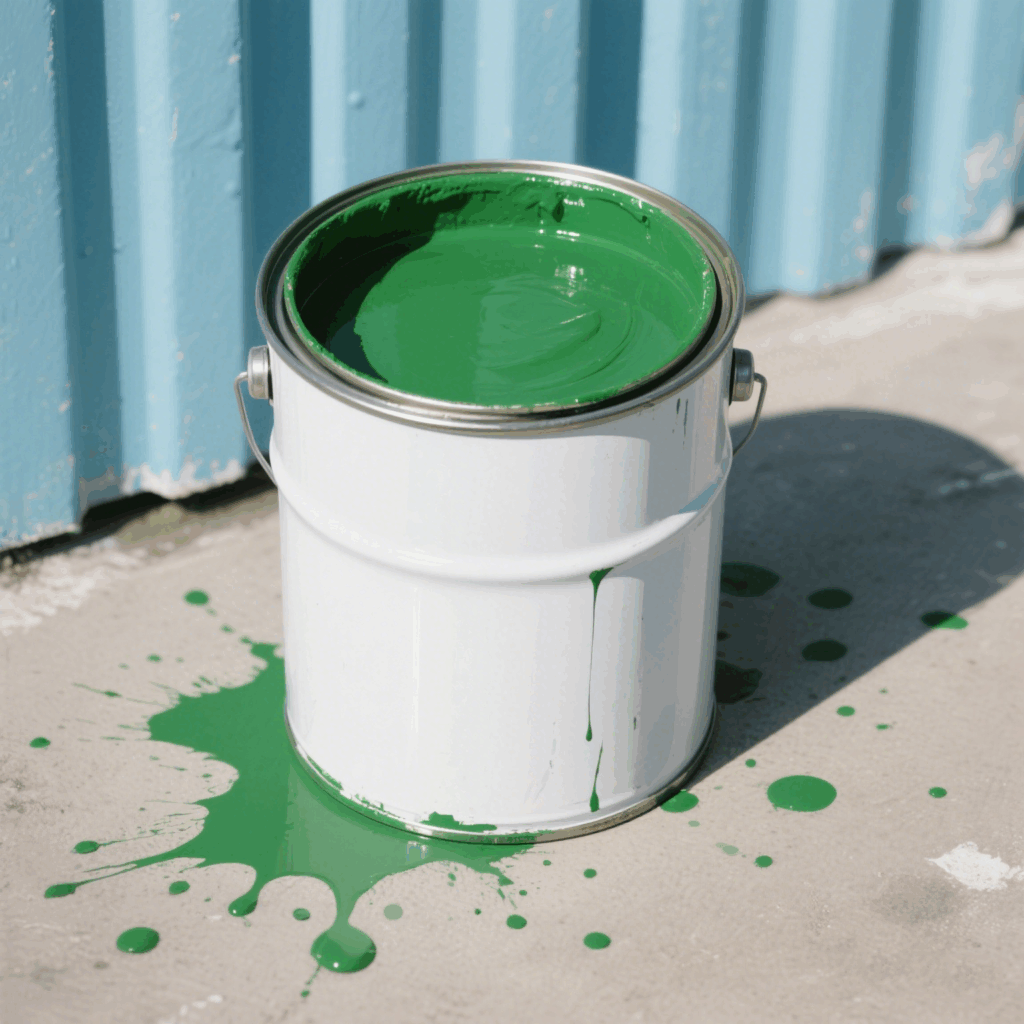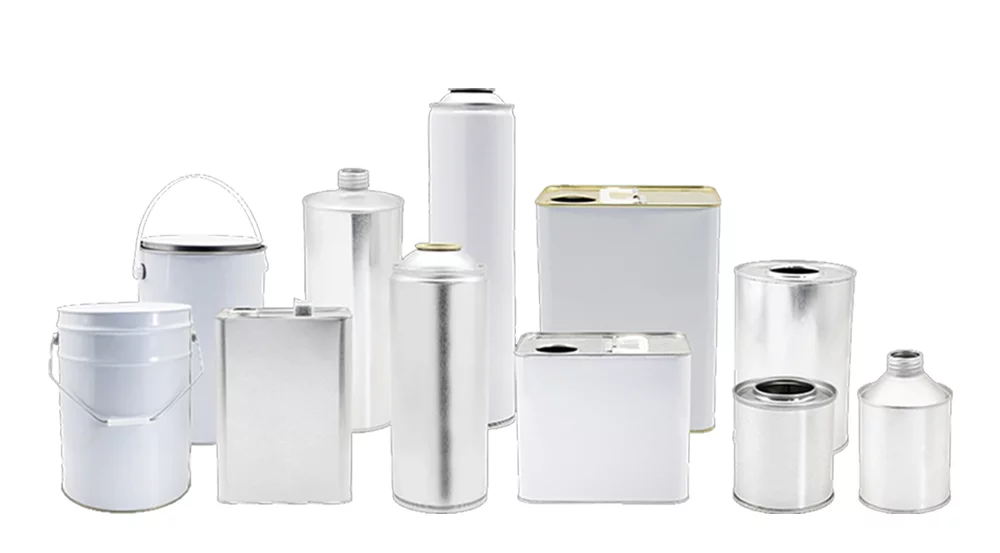If you’re out in the garage, struggling to start your engine and realize you’re out of starting fluid, your eyes might land on a can of brake cleaner. The question is natural: Can brake cleaner be used as starting fluid? I’ve been in that situation, and after some research, testing, and talking to mechanics, here’s everything I found out.
This guide covers why people consider brake cleaner as an alternative, the chemistry behind it, whether it’s safe, and what you should do instead.
The Temptation: Why People Use Brake Cleaner
Brake cleaner is one of those multi-use garage items. It evaporates fast, is flammable, and sprays in a strong stream. These are some of the qualities shared by traditional starting fluid (like ether-based sprays).
So it makes sense that someone would think:
“It’s flammable and in a spray can… maybe it can get my engine going.”
And yes, technically, brake cleaner can ignite in an engine and cause combustion. But should you use it? That’s where things get nuanced.
Chemistry Comparison: Brake Cleaner vs. Starting Fluid
| Property | Brake Cleaner | Starting Fluid |
|---|---|---|
| Main Ingredient | Tetrachloroethylene, Acetone, Heptane | Diethyl Ether, Heptane, CO₂ |
| Designed Purpose | Clean brake components | Help start engines in cold weather |
| Flammability | Varies by brand (some are flammable) | Highly flammable |
| Engine Safe? | Not designed for combustion chambers | Yes |
| Lubricant Additives | None | Sometimes includes upper cylinder oil |
Key takeaway: Starting fluid is formulated for combustion, whereas brake cleaner is a degreaser/solvent not intended for internal engine use.
Is It Safe to Use Brake Cleaner to Start an Engine?
Short answer: No, it’s not recommended.
Here’s why:
1. Toxicity and Harmful Fumes
Many brake cleaners include chemicals like tetrachloroethylene, which produce toxic fumes when burned. These gases can be hazardous to your lungs, especially in enclosed spaces.
2. Potential Engine Damage
Brake cleaner lacks lubricating additives. Starting an engine “dry” (without lubrication) increases wear on components like piston rings and cylinder walls.
3. Fire Risk
Some brake cleaners are highly flammable, while others are non-flammable. Using a non-flammable one won’t help. Worse, using a flammable one near an open intake or spark can cause a flash fire or backfire explosion.
4. Effectiveness
It may work in rare cases — but the ignition timing, vapor pressure, and volatility aren’t optimized like ether-based starting fluids. Results are inconsistent.
What Should You Do Instead?
✅ Safe Alternatives to Starting Fluid:
-
Carb cleaner (brief emergency use) – Some mechanics use it sparingly. It’s flammable and less toxic than brake cleaner but still not ideal long-term.
-
Proper starting fluid (ether-based) – Always the best choice.
-
Fuel priming – If the issue is fuel delivery, fix that directly (e.g., fuel pump, clogged filter).
-
Manual choke adjustment – Especially for carbureted engines.
-
Battery health check – A weak battery might be the real issue.
Real-World Scenario: When You Might Use Brake Cleaner
If you’re in the middle of nowhere, with no parts store nearby, and absolutely need to get the engine going (and your brake cleaner happens to be flammable), a very short burst (1-second spray) into the air intake might get it started. But only do this:
-
In open air
-
With extreme caution
-
Knowing the risks
This should never become a routine practice.
What Mechanics Say
“It’ll start the engine, sure — but you’re gambling with your internals.”
— Mike R., ASE-Certified Technician
“There are too many types of brake cleaner. One batch might be flammable, the next won’t. Use the right tool for the job.”
— Dana T., DIY Engine Rebuilder
Quick Tips for Emergency Engine Starting
| Situation | Recommended Action |
|---|---|
| Engine cranks but won’t start | Check fuel system & battery |
| Cold weather issues | Use ether-based starting fluid |
| No starting fluid on hand | Use carb cleaner sparingly |
| Only brake cleaner available | Avoid if possible; high risk |
FAQs
Can I use brake cleaner on a diesel engine as starting fluid?
No. Diesel engines require high compression and are very sensitive to what’s introduced into the intake. Brake cleaner is especially dangerous here.
What happens if I use brake cleaner once?
It might start the engine, but you’re exposing it to toxic fumes and unlubricated combustion. Damage could be small or severe, depending on engine condition.
Is carb cleaner safer than brake cleaner for starting?
Slightly. Carb cleaner is flammable and sometimes used by mechanics for cold starts in a pinch. But again, use the real starting fluid if possible.
What is the best DIY substitute for starting fluid?
The only slightly acceptable alternatives are carburetor cleaner and WD-40 (older formulas). Still, these are not recommended for routine use.
Is brake cleaner flammable?
Some are, some aren’t. Always check the label. Non-chlorinated versions tend to be flammable.
Final Thoughts
While brake cleaner may seem like a quick fix to start a stubborn engine, it’s not safe, not consistent, and not worth the risk. You’re better off keeping a can of real starting fluid in your toolbox or diagnosing the root cause of the no-start condition properly.
If you care about your engine’s longevity — and your own safety — resist the urge to grab the brake cleaner when the engine refuses to roar to life.















